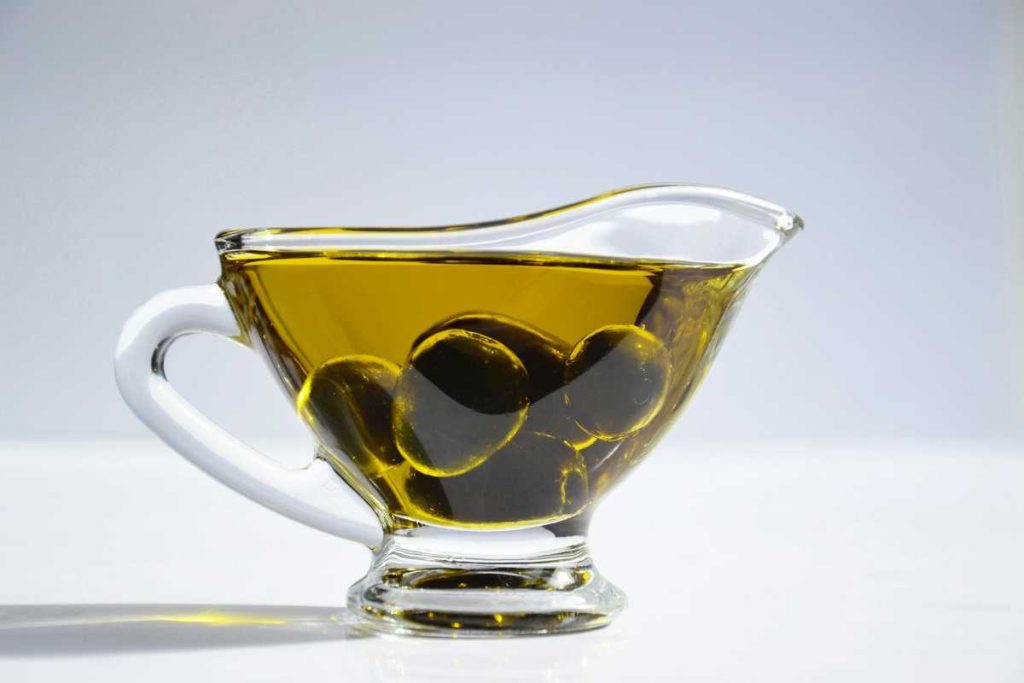Olives, a staple of Mediterranean cuisine, are not just a delicious addition to meals—they’re a nutritional powerhouse. Packed with healthy fats, vitamins, and antioxidants, olives offer a range of health benefits that support overall well-being. Whether enjoyed as a snack, in salads, or as olive oil, these small fruits are a valuable part of a healthy diet. Let’s explore eight key health benefits of olives.
1. Rich in Healthy Fats
Olives are a great source of monounsaturated fats, particularly oleic acid, which is known for its heart-health benefits. These fats help:
- Reduce bad cholesterol (LDL).
- Increase good cholesterol (HDL).
- Lower the risk of heart disease.
2. Packed with Antioxidants
Olives are rich in powerful antioxidants like vitamin E, polyphenols, and flavonoids. These compounds help:
- Protect cells from oxidative damage.
- Reduce inflammation.
- Lower the risk of chronic diseases, including cancer.
3. Supports Heart Health
The combination of healthy fats and antioxidants in olives promotes cardiovascular health by:
- Improving blood flow.
- Reducing blood pressure.
- Preventing the oxidation of LDL cholesterol, a major factor in heart disease.
4. Improves Skin and Hair Health
The vitamin E and antioxidants in olives nourish the skin and hair, helping to:
- Protect against premature aging.
- Maintain skin elasticity and hydration.
- Strengthen hair and prevent breakage.
5. Aids in Digestion
Olives contain dietary fiber, which supports digestive health by:
- Promoting regular bowel movements.
- Feeding beneficial gut bacteria.
- Reducing the risk of gastrointestinal issues.
6. Supports Bone Health
Olives are rich in compounds that enhance bone health, such as calcium, polyphenols, and oleuropein, which may help:
- Prevent bone density loss.
- Reduce the risk of osteoporosis.
- Support overall bone strength.
7. Helps Fight Inflammation

The anti-inflammatory properties of olives, particularly their polyphenols, help combat chronic inflammation, which is linked to conditions like arthritis, diabetes, and cardiovascular diseases.
8. Promotes Brain Health
Olives are rich in healthy fats and antioxidants that support cognitive function by:
- Protecting brain cells from oxidative stress.
- Reducing the risk of neurodegenerative diseases like Alzheimer’s.
- Improving memory and overall brain function.
How to Include Olives in Your Diet
- Snack: Enjoy a handful of olives as a healthy snack.
- Salads: Add them to salads for flavor and nutrition.
- Cooking: Use olive oil as a cooking base or drizzle it over dishes.
- Dips: Blend olives into spreads like tapenade.
Precautions
- Olives can be high in sodium due to the curing process, so opt for low-sodium varieties if you’re monitoring your salt intake.
- Moderation is key, as olives are calorie-dense due to their fat content.
Conclusion
Olives are not only flavorful but also incredibly nutritious. Their heart-friendly fats, antioxidants, and anti-inflammatory properties make them a valuable part of any diet. Whether eaten whole or as olive oil, these small fruits pack a powerful punch for your health.

